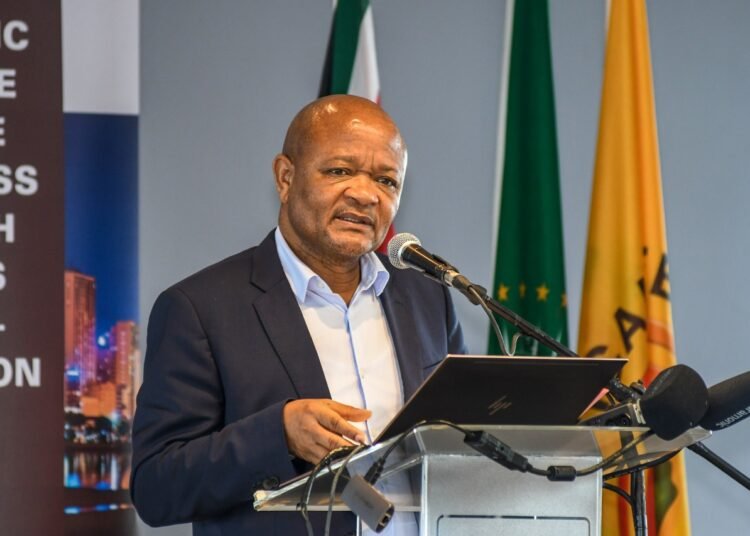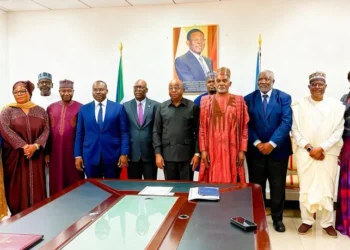The Department of Water and Sanitation (DWS) has called on South Africans to take part in the Clear Rivers campaign to protect water resources in honour of former President Nelson Mandela.
The annual Clear Rivers campaign takes place in July, as part of promoting volunteerism in the celebration of the iconic Statesman, former President Nelson Mandela’s birthday on 18 July and throughout Mandela Month.
Department spokesperson, Wisane Mavasa, said the campaign calls on everyone to dedicate their 67 minutes of goodwill activities towards cleaning up streams, wetlands, dams, canals and any freshwater source.
Mavasa said during Mandela Month, everyone is encouraged to participate in cleaning up the water ecosystems.
“The objective of the Clear Rivers campaign is to undertake a collaborative effort and actively engage communities, as well as promoting and creating ongoing awareness and education on protecting our water resources. Fostering volunteerism among communities is actively encouraged as part of a proactive approach to protecting our rivers, streams, wetlands and other water ecosystems,” Mavasa said.
Mavasa noted that South Africa’s rainfall is unpredictable and common periods of drought limit the water resources even further. She said rivers that used to flow throughout the year are now dry, while others flow only during rainy seasons.
Mavasa warned that years from now, the demand for water might exceed the amount of available water in the country, and this means that the nation must take care of its water resources, use and share water more effectively.’
“The health of the rivers in our country is threatened by pollution, excessive use of the water and the riverbanks. If we pollute a river in one place, we affect the condition of the river for a long distance downstream. A river performs functions such as the ability to clean itself best when it is healthy.
“Therefore, active and responsible citizenry is encouraged across the spectrum, where people from all walks of life become participants in promoting healthy rivers. The relationship between communities and healthy rivers can never be overstated, as it is community members who must take care of our rivers to ensure that they are not filled with litter,” Mavasa said.
Mavasa emphasised that the need for water security, particularly in the face of global climate change and a multitude of anthropogenic impacts affecting rivers, calls for a national and unified approach to protect rivers, wetlands and broader catchments.
“It is for this reason that the Department of Water and Sanitation connects South Africans to their sources of water and the natural infrastructure that is crucial for a water-secure future.
“South Africa is a water scarce country and rated the 30th driest in the world, with a rapidly increasing population. This is based on its average rainfall of 500mm, compared to the world average of 860mm,” Mavasa said.






























































